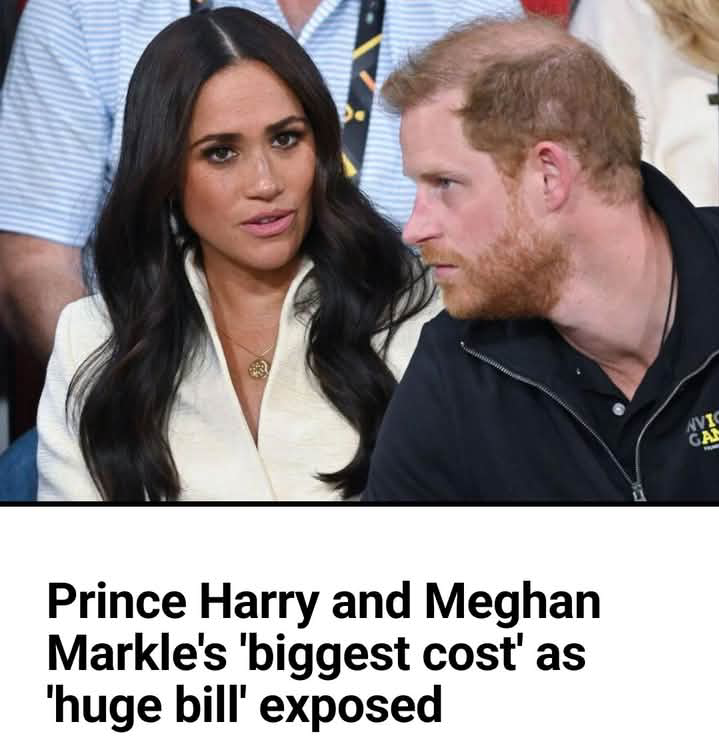Recent polling indicates that Reform UK, led by Nigel Farage, is poised to make significant gains in upcoming mayoral contests across England. With local elections scheduled for May 1, new data from YouGov places Reform in the lead in two crucial regions: Greater Lincolnshire and Hull and East Yorkshire. These projections mark a major turning point for the party, which has increasingly positioned itself as a formidable alternative to the traditional political heavyweights. The results suggest that voters are responding to Reform’s messaging and leadership as it challenges the dominance of both Conservative and Labour candidates.
In Greater Lincolnshire, Dame Andrea Jenkyns, a former Conservative minister who defected to Reform last year, is leading the race with a strong 40 percent share of the vote. Her nearest rival, Conservative candidate Rob Waltham, trails at 25 percent, while Labour’s Jason Stockwood sits at just 15 percent. The Greater Lincolnshire contest is particularly notable as it is the region’s first mayoral election, and Jenkyns’ commanding lead reflects the growing appeal of Reform’s platform among disillusioned conservative voters in rural and semi-rural constituencies.
Meanwhile, in Hull and East Yorkshire, Reform’s Luke Hall—better known to the public as Olympic gold medalist and former professional boxer Luke Campbell—is also gaining traction. He is currently polling at 35 percent, well ahead of his nearest competitor, Liberal Democrat Mike Ross, who holds 21 percent. Labour’s Margaret Pinder is close behind with 20 percent, and Conservative Anne Handley lags further with 15 percent. The momentum in these areas suggests that Reform’s focus on local issues and its outsider status may be resonating with communities that feel overlooked by mainstream parties.
Beyond these two regions, the polling points to a mixed political landscape elsewhere. In the West of England, for instance, the race is shaping up to be a close contest between the Green Party and Labour. Green candidate Mary Page leads with 27 percent, followed closely by Labour’s Helen Godwin at 23 percent. Reform’s Arron Banks and Conservative Steve Smith are nearly tied for third and fourth positions, with 18 percent and 17 percent, respectively. These figures reveal a fragmented voter base and an increasingly unpredictable electoral environment, where smaller parties are beginning to carve out meaningful spaces.
In Cambridgeshire and Peterborough, the Conservative Party appears to have the edge, with former MP Paul Bristow predicted to win with 32 percent of the vote. Reform UK continues to show strong second-place performances, with Ryan Coogan capturing 20 percent. Labour’s Anna Smith and Liberal Democrat Lorna Dupre follow closely behind with 19 and 18 percent, respectively. The close margins underscore a significant shift in voter sentiment, where previously dominant parties are now facing tighter challenges from Reform and others. Conducted between April 9 and 23, YouGov’s polling highlights a political landscape in flux—one where traditional loyalties are being tested and voter preferences are evolving rapidly.



